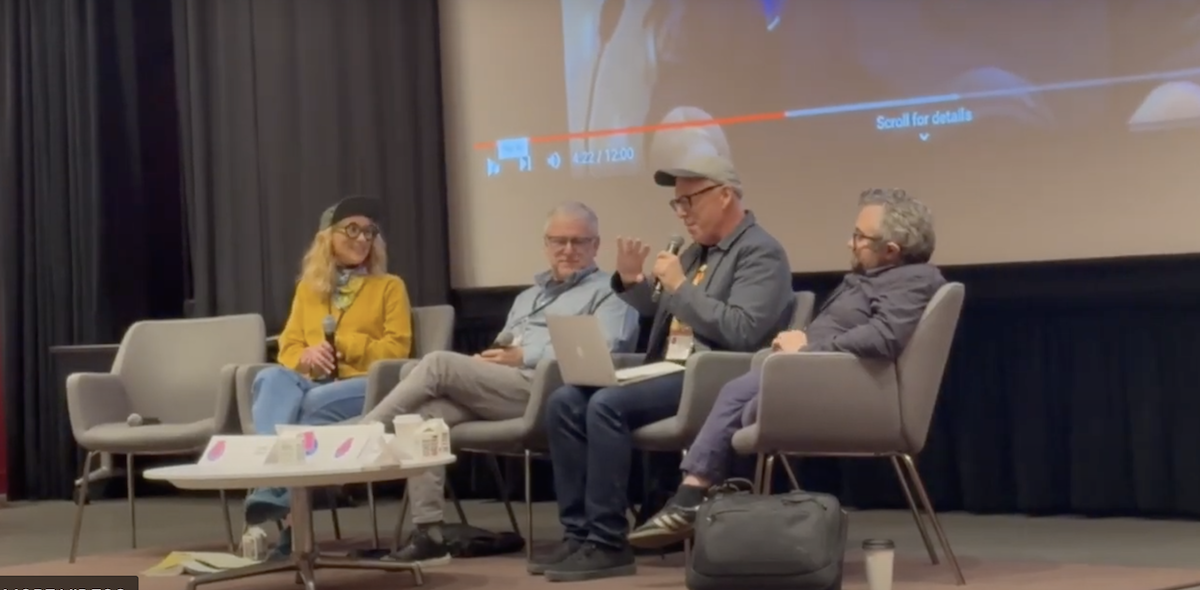Beyonce’s latest venture into country music with ‘Texas Hold ‘Em’ has been a smash commercial success, but it has also sparked a huge debate within the tight-knit genre. Does a Black pop star like Beyonce have ‘the right’ to make country music?
The following comes from Open On Sunday, a company DMN is proud to be partnering with.
Beyonce’s first country single ‘Texas Hold ‘Em’ shot to the top of the charts. At Pop Con 2024 on the campus of USC in Los Angeles, CA, a panel of country music journalists took an in-depth look at the ‘Beyonce debate.’
The panel titled ‘Will the Cannon Be Unbroken — A Roundtable on Country Music Criticism’ included RJ Smith (writer and editor at the Country Music Hall of Fame), David Cantwell (country music writer and author), Jwly Hight (Senior Music Writer for Nashville Public Radio), and Charles L Hughes (historian, music critic and author of the book ‘Country Soul’).
The group took time to peel back the layers built around country music over the years. They discussed how artists like Beyonce and others are beginning to shed light on part of country music’s rich history — one that was once suppressed from the public.

Hight pointed out her belief that it’s well past time to start questioning what is allowed to be considered ‘true’ country music. “Figures that have been traditionally held up as the founding parents of country music, Jimmie Rodgers and The Carter Family and so on — that is insufficient,” Hight said.
Cantwell explained why he believed Beyonce is ‘having this moment with country,’ adding, “It’s because she’s Beyonce, so it’s the celebrity of it — but also because she made a great dance record. That’s why it’s all over TikTok.”
Cantwell further stated that there are other artists worth mentioning, such as Tanner Adell, Reyna Roberts, Nelly, and Little Nas X.
RJ Smith questioned the ‘us and them’ mentality behind the debate and whether anyone even had the right to criticize Beyonce for foraying into country music.
“Does Beyonce have the right to be Beyonce — and do what she’s been doing? That’s an issue in some circles,” said Smith.
Hughes believes the ‘Beyonce moment is not really about Beyonce.’ “It’s about whether all of these other folks, including the ones who are going to come after, will be thought of.”
“When the Beyonce thing broke, what I loved seeing—including on social media — was another side of cannon building an argument,” Hughes said, adding, “People were like, ‘Cool, Beyonce. And here’s fifty-five other people that you should be checking out.’ And that lineage is important because it prevents the flattening again of these iconic figures.”
In a one-on-one interview with DMN after the panel, Hight highlighted other influential and iconic black figures often left out of the country conversation. She reminded us of Alice Randall, the first black woman to co-write a country number one.
Hight further pointed out that Ray Charles wasn’t inducted into the Country Music Hall of Fame for a long time, along with Lil Hardin and DeFord Bailey — the Grand Ole Opry star and legendary harmonica player.
Other contemporary country artists, like Miko Marks, attempted to break into country music in the early 2000s. Hight mentioned that, as a black woman, Marks met several roadblocks on her journey. She also highlighted coalitions like the Black Opry and its founder, Holy G, for providing a platform for black country artists to perform, tour, and showcase their talents to the world.
“It is an exciting moment for the more complete telling of the story. Filling in the gaps and bringing those stories and voices forward,” Hight said.
Hight also spoke about the younger generation of country listeners becoming more accepting of gay and lesbian country and roots artists.
Pointing out the vast LGBTQIA fanbase for artists like Kacey Musgraves, she said, “They’re making young fans feel seen, and young fans are very vocal in their ownership, and it’s a reciprocal thing.”
As for the challenges of breaking into country music outside of Nashville, Hight said, “You can have a rich and meaningful career in your local community or regional community on that circuit without coming to Nashville.
“But if you want the kind of media and industry visibility and are striving for that kind of success?” Height said it all depends on how you define success and your goals.

